12 Things Everyone Used to Know How to Fix Themselves
There was a time when the average person kept a toolbox, not just a login for service apps. Fixing small problems used to be a shared skill, passed down, practiced, and expected. But as repair culture faded, so did our confidence. Many people feel too busy or too unmotivated to pick up a wrench, so they pay professionals instead.
These once-every-day fixes are still doable, but they are not as commonly done anymore.
Leaky Faucets Didn’t Wait for Plumbers

Credit: Getty Images
A dripping kitchen or bathroom tap didn’t trigger a service call. Most people recognized the sound as a cue to swap a worn-out washer or adjust an O-ring. A crescent wrench and a little patience were all it took to stop the leak. It saved gallons of water and kept the soundtrack of a kitchen nice and quiet.
Toilets Ran, and People Knew What to Jiggle
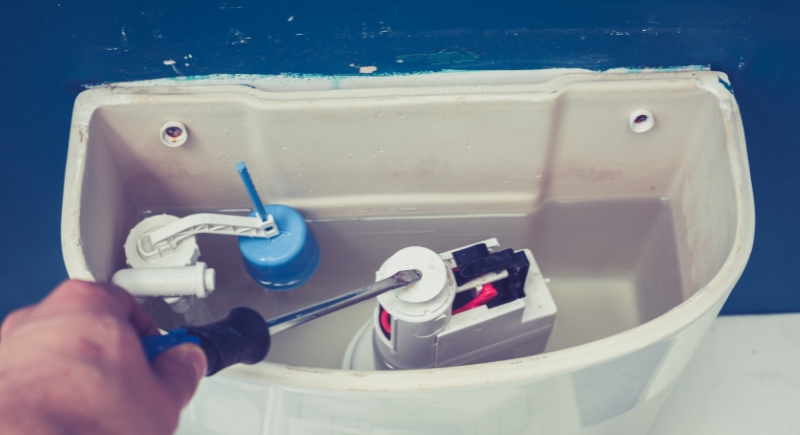
Credit: Lolostock
A tank that never stopped refilling wasn’t alarming. Lifting the lid and spotting a chain caught on itself or a float stuck mid‑way was all that was needed. A quick adjustment saved money and kept the bathrooms workable.
Squeaky Floors and Sticky Windows Were Quick Fixes
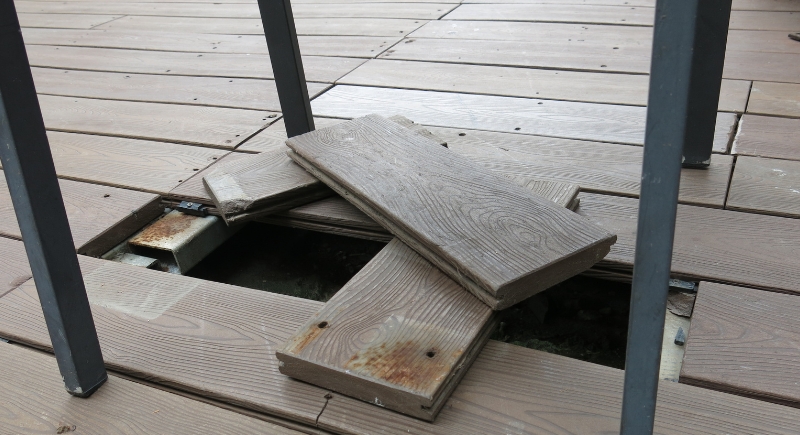
Credit: Canva
Wooden boards that groaned or windows that wouldn’t budge were handled without delay. A drill and a few well-placed screws into joists kept the hallway from announcing every step. People treated it as routine maintenance rather than a mystery.
Small Wall Holes Didn’t Last Long

Credit: Getty Images
Dings from doorknobs or poorly placed nails were expected and patched without a second thought. It was a normal Saturday job, not a bill from a repair company. After a little joint compound, mesh tape, sanding, and painting, the wall looked new again.
Clogged Drains Weren’t Emergencies
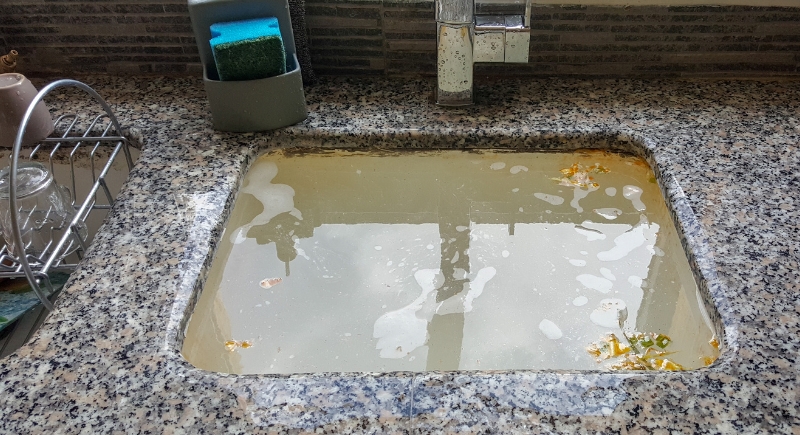
Credit: Getty Images
A slow sink wasn’t a reason to buy harsh chemicals or book a plumber. A plunger, a bit of baking soda, and vinegar were enough to keep water flowing. This quick fix prevented bigger pipe issues down the line.
Dead Car Batteries Didn’t Require Towing
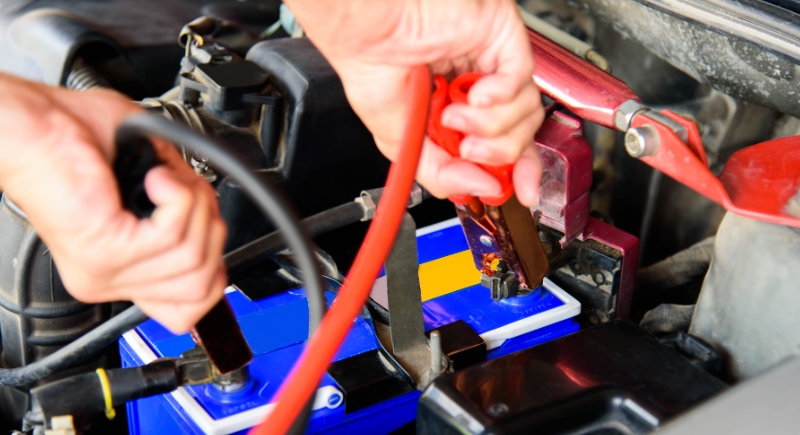
Credit: Getty Images
Drivers often carried jumper cables without thinking twice. Red to positive, black to a clean metal ground, and within minutes, the engine was humming again. Now, many people don’t attempt it and wait hours for roadside assistance to do a job that takes minutes.
Wobbly Ceiling Fans Didn’t Stay That Way

Credit: Getty Images
A fan that shook didn’t stay that way. People tightened brackets, adjusted blade weights, and made small tweaks until it spun smoothly again. Balancing kits were inexpensive and available everywhere.
Cracked Grout Didn’t Signal Big Projects

Credit: Getty Images
When thin lines between tiles started breaking apart, a putty knife and a small bag of grout were all that was needed. Clearing out the weak material and packing in new material prevented water damage and made kitchens and bathrooms look cared for.
Cabinet Doors and Doorknobs Didn’t Stay Loose
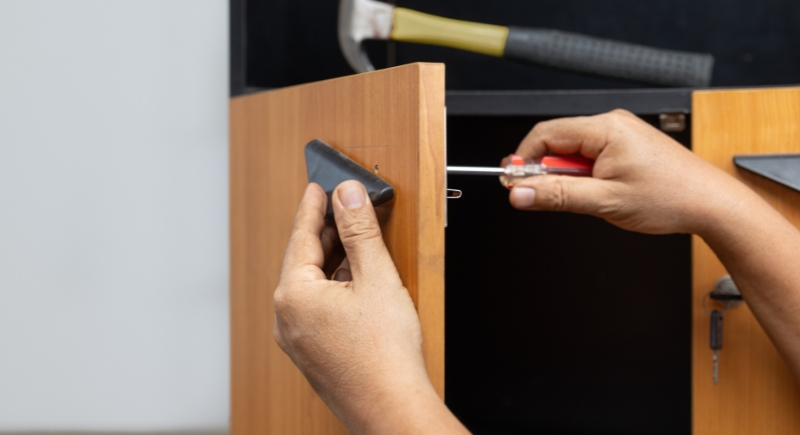
Credit: Canva
A door that sagged or rattled wasn’t a long-term annoyance. A few turns with a screwdriver realigned hinges and secured knobs, which then kept the whole kitchen or bathroom feeling solid.
Pilot Lights Didn’t Stay Unlit

Credit: Getty Images
Gas water heaters often came with instructions printed right on the tank. Restoring hot water involved striking a match or clicking an igniter and holding a button, which people did routinely rather than calling for help for something so small.
Oil Changes Weren’t Outsourced

Credit: Getty Images
Changing your own oil used to be a rite of passage. Jack up the car, drain the old oil, swap the filter, and pour in the new oil. It saved money and gave drivers a connection to how their car worked.
Small Surface Damage Didn’t Mean Replacement

Credit: Getty Images
Small tears in upholstery or scuffs on car seats didn’t lead to expensive replacements. Patch kits and color compounds handled these issues quickly. These tasks were considered as small upkeep projects rather than reasons to get new furniture or pay for costly detailing.
Circuit Breakers Didn’t Need an Expert

Credit: Getty Images
When part of a house went dark, most people knew to open the breaker panel and look for a tripped switch. A firm flip restored power in seconds. This household knowledge was quite common back in the day and didn’t require an electrician.
Light Switches and Outlets Were Routine Fixes
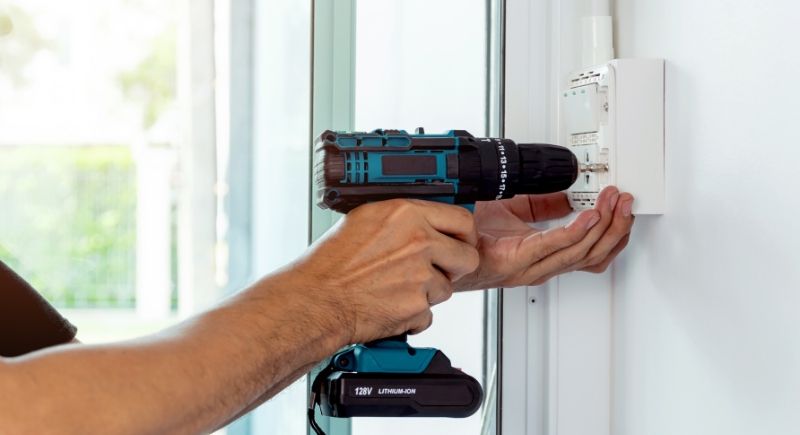
Credit: Canva
A faulty light switch or loose outlet cover once meant a short project one could easily tackle within minutes. With the power off, a screwdriver and a simple wiring diagram did all the magic. Nowadays, people avoid taking that risk and seek professional help to handle switches and outlets.
HVAC Filters Didn’t Get Overlooked
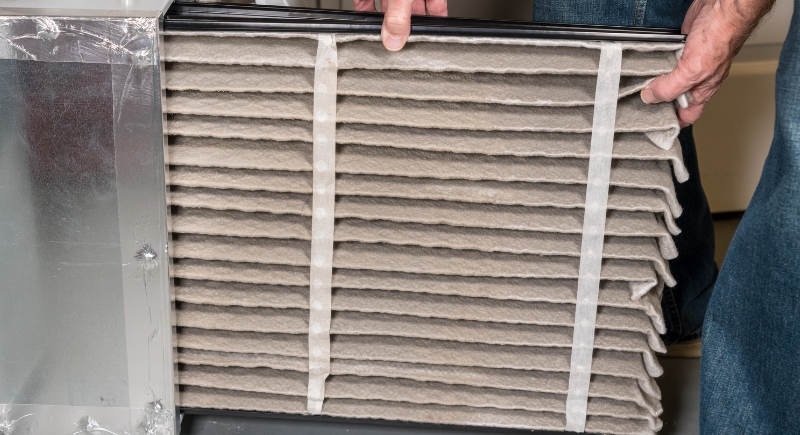
Credit: Canva
Filters once got the same attention as mowing the yard. People slid out the old dusty one, slid in a clean filter, and enjoyed better airflow without waiting for a technician. This simple habit protected the system and kept indoor air from feeling stuffy or stale.